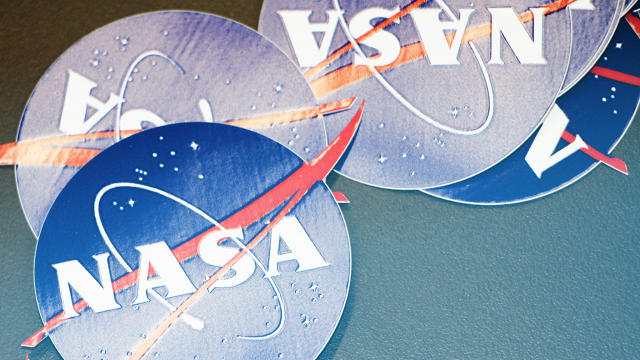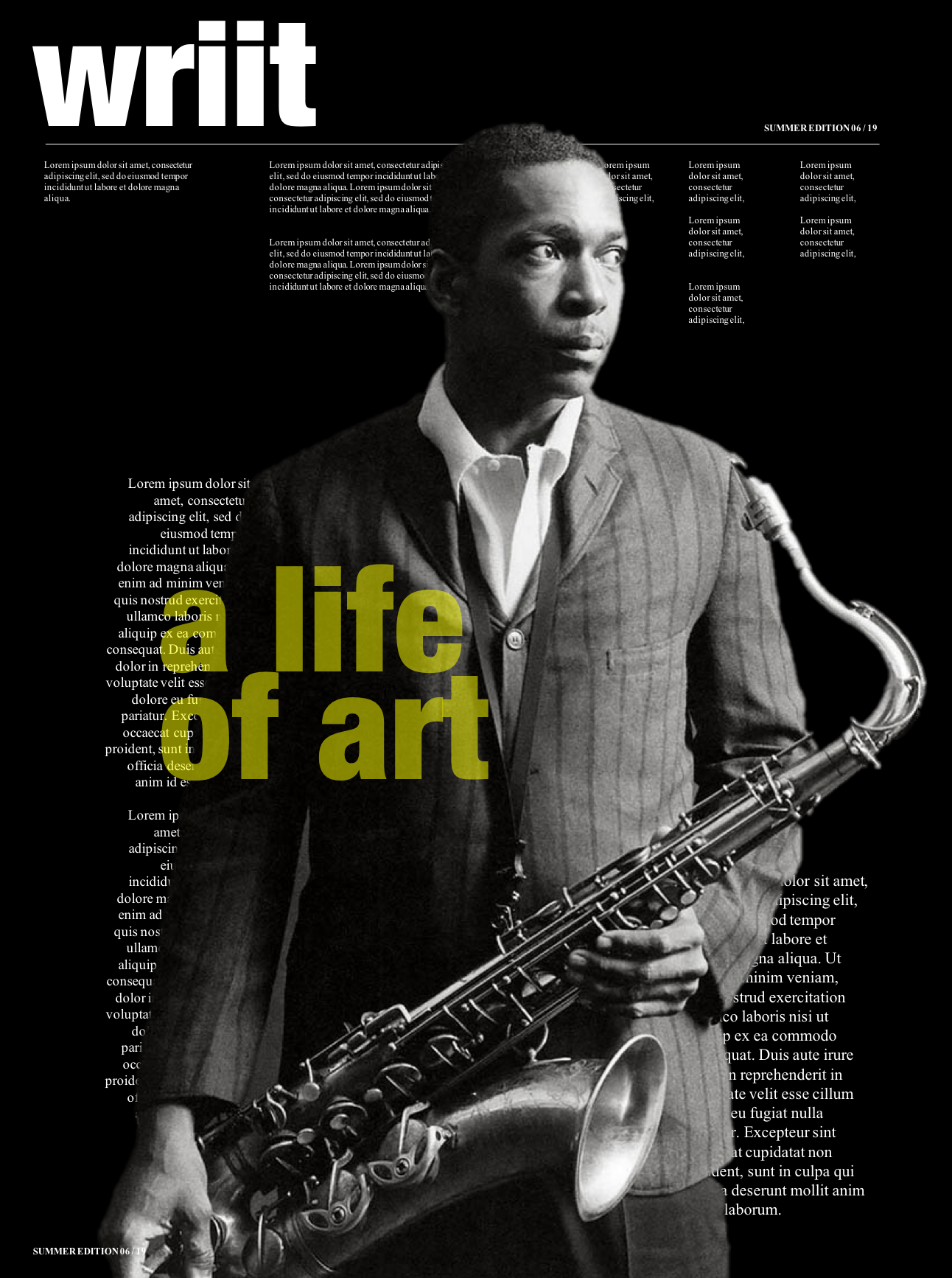For the past four years, NASA has hosted the Space Apps Challenge, one of the biggest hackathons on the planet. Last year, 14,264 people gathered in 133 locations for 48 to 72 hours to create apps using NASA’s data. A team in Lome, Togo, built a clean water mapping app; one in Bangalore, India, created a desktop planetarium; another in Pasadena, California, created a pocket assistant for astronauts. This year’s hackathon happens this upcoming weekend.
While NASA has been able to attract participants from all corners of the globe, it has consistently struggled to get women involved. NASA is working very hard to change this. “The attendance is generally 80% male,” says Beth Beck, NASA’s open innovation project manager, who runs the Space Apps Hackathon. “It’s more everyman than everywoman.”
Beck noticed that female participation in hackathons seemed to drop after the middle school years. At last year’s hackathon in Toronto, for instance, there were two sections: one for students and one for adults. Girls made up at least half of the student participants. “The middle school girls looked like honey bees, running around in little packs to learn about the technology,” she says. “But in the main hacking area, it was all guys. I wanted to know what happens that makes them lose their curiosity and enthusiasm.”
Beck has been closely scrutinizing how the hackathon unfolds around the world to better understand why the gender ratio is so skewed. She’s been documenting what happens at NASA’s event, surveying studies about women in science, and interviewing several dozen other scientific organizations about their experiences. “We wanted to find the key levers that would allow women to start pouring in,” Beck explains. “At first, we were frustrated because there didn’t seem to be any patterns that we could grasp.” But eventually, after months of research, several trends began to emerge. Here’s what she discovered.

Women Want Safe Spaces
Every year, NASA creates several different app challenges around concepts like the solar system, Earth, the journey to Mars, aeronautics, and space stations. Beck thought that perhaps women were put off by these themes because they were too technical or too dry. “I thought that if we did topic X around data, women would flock to it,” she says. “But time and time again, we did not find this.”
It turns out that women are not significantly more interested in certain subjects than others. What they cared about most was being able to explore these topics in a space that felt friendly and supportive. “They are looking for signals that they will be in a safe space where they feel like they belong,” Beck says. Often, these signals are very straightforward: they seek out pictures of women on the event’s webpage and look for women’s names on the speaker panels and planning committees. Even having language in the hackathon announcement specifically calls on women can be helpful.
Women Want To Prepare
Another interesting thing that Beck discovered is that women who are brave enough to attend these events want to go a day early to get the lay of the land and perhaps form a team in advance. They want to become more comfortable with the physical space where the hackathon will take place and learn as much as possible about the topics. “When the hackathon then becomes flooded with men, they feel ready for it,” she says.
With this insight, NASA has been organizing data bootcamps the day before the hackathon, which specifically target women, although people of both genders are invited to participate. Last year, NASA held an inaugural bootcamp in New York, where it emphasized that diverse experiences were valued. There was also an opportunity to get an introduction to coding, making, retrieving, and manipulating data sets, as well as storytelling. A full 75% of boot camp attendees were women, and all of them stayed on for the New York hackathon, making up 50% of hackathon attendees. “This was the highest ratio of women to men of all the hackathon events,” she says. This year, 49 different bootcamps will be held around the world.
Women Want Childcare
While men described hacking as something that they did in their spare time, the research showed that many women often had many other family responsibilities and couldn’t just attend a hackathon for fun. And this wasn’t just true in developing countries, where girls were often tasked with childcare and chores, while boys could focus on science. In the U.S., events where there was childcare provided were much more highly attended by women than those that did not have that option. Beck has been pushing for each location participating in the hackathon to offer childcare support.
Women Want To Contribute
NASA’s hackathons are open to people with diverse skill sets—not just people who know code. Beck has found that men are more likely to participate because they are interested in space; they simply show up with ideas. Women, on the other hand, need to feel like they have the appropriate battery of skills to contribute. With this knowledge, Beck has found it helpful to make it clear that each team needs strong storytellers who can explain the value of the app. “Once they’ve had the opportunity to experience the hackathon, then can then go off to learn how to code so they can come back the following year with even more skills to contribute,” she says.

Beck is still in the process of implementing these findings to boost women’s participation at the hackathons, but she’s encouraged by the early results. Last year, for instance, two female students in Cairo noticed that the hackathon has specifically called out to women and they wanted to host a local chapter of the hackathon. Their professor, however, told them that women could not host the event. The women reached out to NASA themselves and Beck wrote to them personally, saying that she highly encouraged them to create their own event. That Cairo event ended up being the largest Space Apps hackathon in the world, with 700 participants and a wait list of 300. “Here were two women who were told that they couldn’t do it,” Beck says. “We told them that they were, on the contrary, exactly who we were looking for. That’s all it took to make it all right for them to launch their event.”
